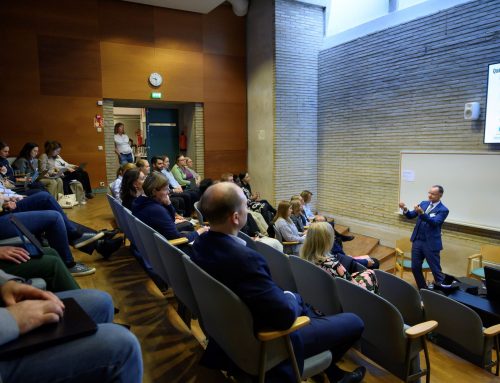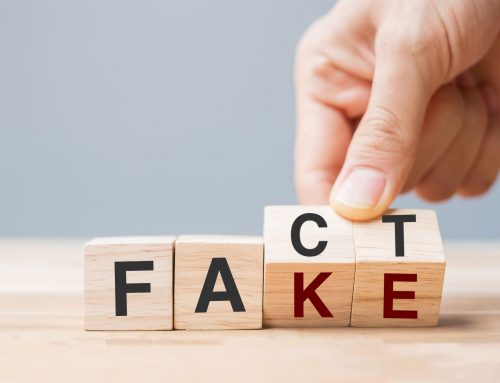Take almost any social problem in the wealthy part of the world today – poverty, widespread unemployment, uneven distribution of income, inadequate funding for public health, schools, or environmental conservation – and more economic growth is seen as the best and often only solution. Our society and our economic system, as well as their stability, are based on and depend on growth. If the economy does not grow, there will be a crisis. The more the economy grows, the better. At least, that’s what we are told. From a purely historical perspective, we have indeed benefited greatly from economic growth. The growth that has taken place in Finland since the end of World War II has lifted huge numbers out of poverty, enabled a better standard of living, and supported our welfare state.
But now many researchers believe that we are in a situation where the stability of the growth economy – that is, the pursuit of constant economic growth – is threatening the ecosystems that sustain life on this planet. The economy and other parts of human society are ultimately entirely dependent on the environment.
The global economy today is more than five times larger than it was 60 years ago. This growth does not happen in a vacuum. Over 60 percent of the planet’s ecosystems have been depleted or overused. The state of climate change and biodiversity loss is critical, and seems to be only getting worse. We are starting to run out of space for further economic growth on this planet. The absurd thing is that we – in the wealthy parts of the world – keep clinging to this aspiration, even though it no longer is improving our lives, but actually destroying the basic conditions needed for us to flourish. It is as if we are stuck in a bus that is driving ever faster, without anyone holding the wheel, on a road that seems to be leading straight into a mountain wall.
It is therefore fair to say that our welfare state is built upon unsustainable foundations. A first step in changing the course towards sustainability is to make well-being the economy’s goal, not growth. And if well-being is our goal, we need appropriate indicators to structure the economy to reach that goal. GDP is the key performance indicator used for the growth economy. It only measures economic activity, yet is used as a compass to guide the country and the well-being of its people, despite the main inventor of GDP having cautioned, while the concept of GDP was still in its infancy, against using GDP for such purposes. The Genuine Progress Indicator (GPI) and the Index of Sustainable Economic Welfare (ISEW) are alternative indicators that, to a greater extent than GDP, distinguish between positive and negative events within the economy; there is simply a plus and a minus column, instead of them being lumped together.
Figure 1: The development of Finland’s GDP, GPI and ISEW 1945-2020 (per capita; reference year for prices is 2010) (Hoffrén, 2023)
According to researchers in the field of ecological economics, the pursuit of economic growth becomes uneconomic when the marginal social and environmental costs of further expansion of the macroeconomy exceed the marginal benefits of the extra production, when it cost us more than its worth. The figure shows how the development of the GPI and ISEW diverge from the GDP. GDP has grown, but Finns’ well-being has not improved since the 1980s. Ecological economist Herman Daly, whose achievements include developing the ISEW (which GPI is a further development of) thinks that the pursuit of further growth is likely to become uneconomic as the GDP diverges from the GPI and ISEW.
Sustainable welfare means a society whose structures and institutions are not dependent on growth, a society with less material and energy use, but in which people’s well-being can still be improved. Some of the policy proposals that have been developed are: reducing less necessary production in sectors such as fossil fuels, fast fashion, advertising, cars and aviation. Another point is to improve and expand public services: guaranteeing universal access to high-quality health care, education, housing, transport and nutritious food. Another important point would be to introduce a green job guarantee, to train and mobilise workers to tackle pressing social and environmental objectives, for instance by retraining people from fossil fuel sectors, which could also be combined with a basic income.
These are some of the proposals that can help get the discussion started. Sustainable welfare is not an easy equation to solve; it is a conversation requiring researchers from all the sciences, including more traditional economists – not to mention the whole political dimension. A promising initiative to that end is The Wellbeing Economy Alliance, which Finland has now also joined. Come and join the discussion!
Kristoffer Wilén is a PhD student at Hanken School of Economics and sustainable economics researcher





